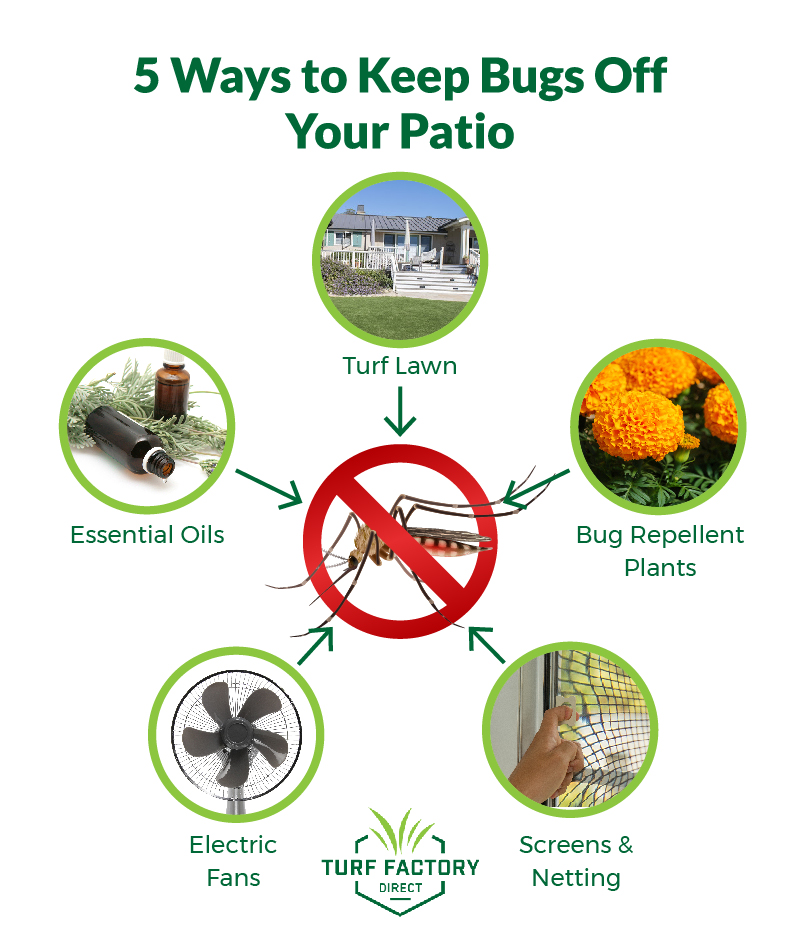Introduction
Keeping bugs out of your garden bed is essential for maintaining healthy plants and a thriving garden ecosystem. While some insects are beneficial, many pests can damage your crops, reduce yields, and spoil your gardening efforts. This article explores expert-backed methods to prevent unwanted bugs from invading your garden bed. You’ll learn practical, natural, and effective strategies that not only protect your plants but also maintain ecological balance.
Understanding Common Garden Pests
What Bugs Typically Invade Garden Beds?
Garden beds attract a variety of insects, both harmful and helpful. Common pests include aphids, caterpillars, beetles, slugs, and whiteflies. These bugs feed on leaves, stems, and roots, causing stunted growth, leaf yellowing, or plant death. Identifying these pests early is crucial.
How to Identify Pest Damage
Look for signs such as:
- Holes or chewed edges on leaves
- Sticky residue or mold (often from aphids)
- Wilting or distorted plants
- Visible larvae or eggs under leaves
Tracking these symptoms helps gardeners take timely and targeted action.
Preventive Measures to Keep Bugs Out
1. Use Physical Barriers
Physical barriers are among the most effective ways to block pests:
- Row covers and garden fabric: Lightweight fabrics prevent insects from reaching plants.
- Mulching: Organic mulches discourage soil-dwelling pests and improve soil health.
- Copper tape for slugs: Copper repels slugs when placed around beds.
These barriers create a physical obstacle, reducing pest access without chemicals.
2. Maintain Garden Hygiene
Cleanliness lowers pest attraction:
- Remove dead leaves and debris where insects hide.
- Regularly prune damaged or diseased plant parts.
- Rotate crops each season to prevent pest buildup in soil.
Experts emphasize that a tidy garden disrupts pest life cycles and promotes plant vigor.
Natural Pest Control Techniques
1. Encourage Beneficial Insects
Ladybugs, lacewings, and parasitic wasps prey on harmful pests like aphids and caterpillars. Planting flowers such as marigolds, dill, and fennel attracts these beneficial insects.
2. Use Homemade Organic Sprays
Natural sprays can deter bugs without harming plants or beneficial species:
- Neem oil: Effective against a broad range of insects.
- Garlic or chili pepper sprays: Repel many garden pests.
- Soap sprays: Break down insect exoskeletons, particularly soft-bodied pests.
Apply these treatments early and consistently for best results.
Chemical-Free Soil and Plant Care
Healthy Soil Promotes Pest Resistance
Rich, well-drained soil supports strong plants less vulnerable to pests. Incorporate compost and organic matter regularly. Avoid over-fertilizing, which can attract aphids and other bugs.
Companion Planting
Planting certain crops together can repel pests naturally. For example:
- Basil near tomatoes reduces thrips and whiteflies.
- Onions near carrots deter carrot flies.
This method leverages plant chemistry to create a hostile environment for pests.
Monitoring and Early Intervention
Regular garden inspections are vital:
- Check plants at least twice a week.
- Use yellow sticky traps to catch flying insects.
- Remove pests manually when possible.
Early detection allows for targeted responses, preventing infestations from spreading.
Conclusion
Keeping bugs out of your garden bed requires a combination of preventive barriers, natural pest control, garden hygiene, and ongoing monitoring. By fostering beneficial insects, maintaining healthy soil, and using physical and organic methods, gardeners can protect their plants effectively without relying on harsh chemicals. Start implementing these expert-backed strategies today to enjoy a robust, pest-resistant garden that flourishes season after season.
